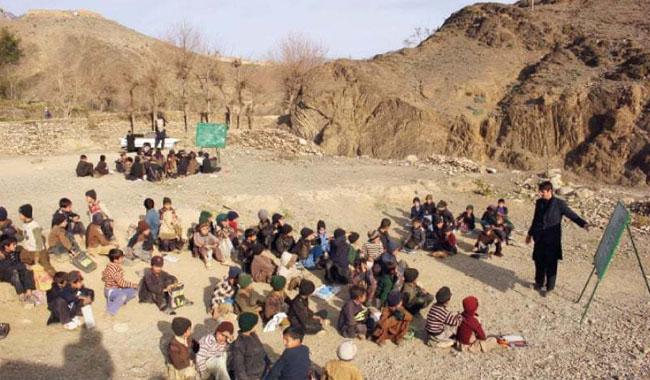The Human Rights Commission of Pakistan (HRCP)’s annual report on the state of human rights in 2020 details the devastating impact of the Covid-19 pandemic on Khyber Pakhtunkhwa (KP), which recorded 58,702 cases and 1,649 deaths. This was aggravated by low testing levels—less than half a million of KP’s 35 million residents had been tested by the end of the year. Freedom of movement and association were also affected significantly by Covid-related restrictions.
Over 30 laws were passed by the KP Assembly, of which at least 17 were directly related to human rights. Despite being long overdue, local government elections were not held in 2020. This adversely affected local development as the provincial government failed to utilise PKR 43 billion of the PKR 46 billion allocated to local governments for 2019/20. The promise of mainstreaming the former Federally Administered Tribal Areas into KP also remained largely unfulfilled, given the inadequate implementation of the Tribal Decade Strategy (2020–30)—only PKR 37 billion of the promised PKR 74 billion in development funds was released.
Jails in KP remained overcrowded in 2020, with nearly 8,000 of more than 11,000 inmates classified as under-trial prisoners. Little progress was made in tackling the backlog of court cases, with 41,042 cases pending in the Peshawar High Court and 230,869 in the District Judiciary KP by end-2020. In welcome news, the Peshawar High Court ordered the release of nearly 200 men convicted by military courts for alleged terrorism in a verdict that included a scathing indictment of the miscarriage of justice. Additionally, no executions were carried out during the year, although the death penalty was awarded to at least one person.
Law and order remained unstable in the province, with terrorist attacks, violence against religious minorities and transgender persons, the harassment of women, and child rape reported through the year. Very few perpetrators were brought to justice, reflecting a high tolerance for criminal impunity. The Commission of Inquiry on Enforced Disappearances traced 1,335 missing persons from KP as of end-2020. Overall, since its inception in 2011, the commission has traced 713 persons to internment centres and 93 to prisons, but these figures likely underreport the scale of enforced disappearances in the province.



Comments are closed.